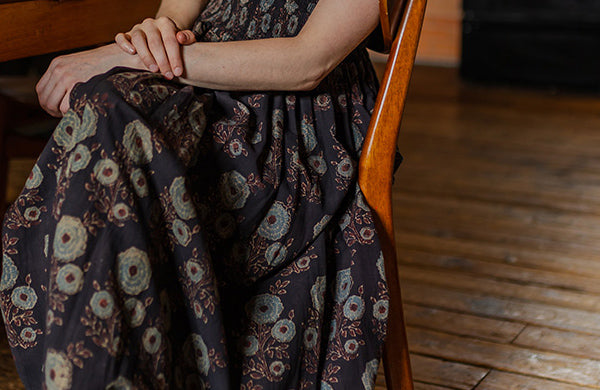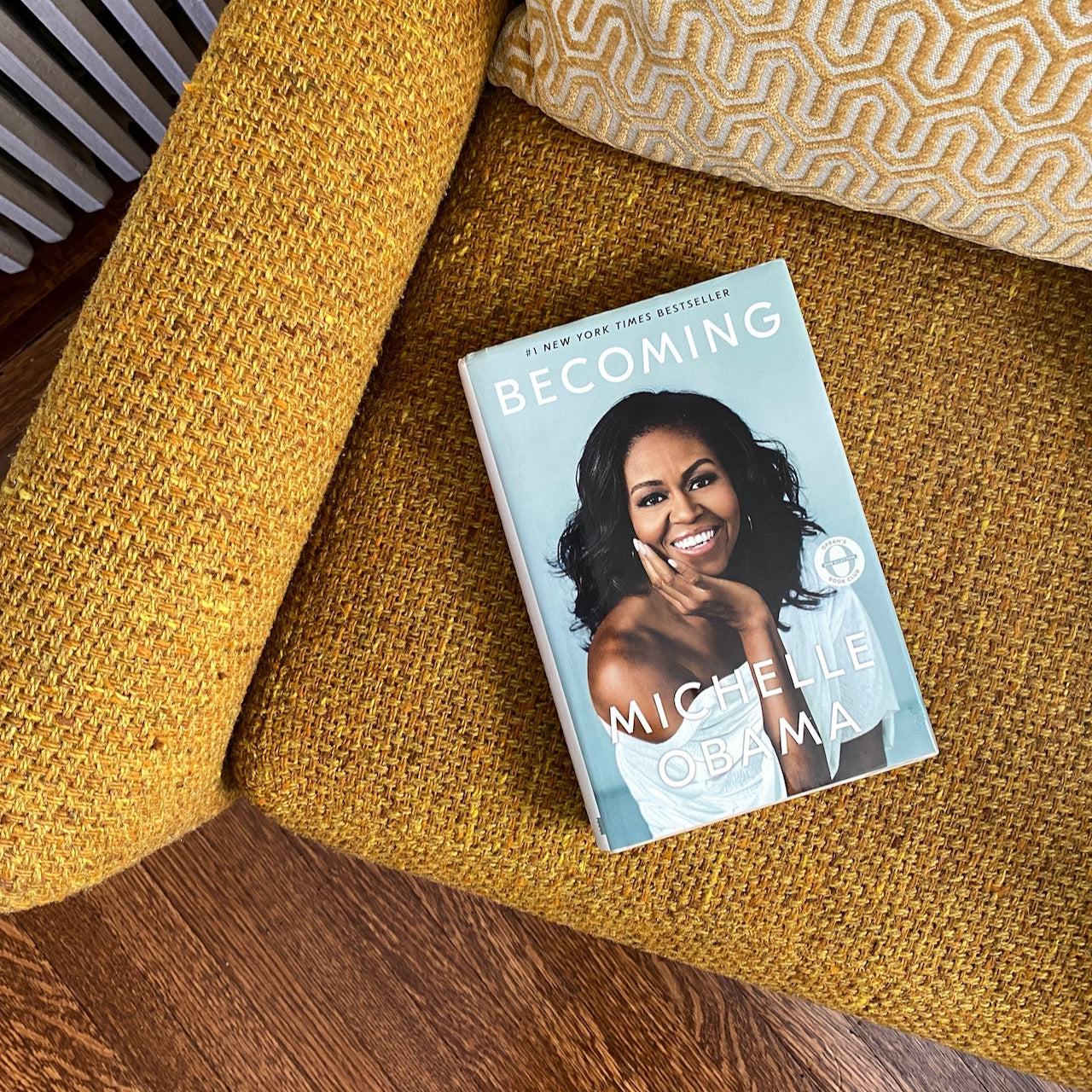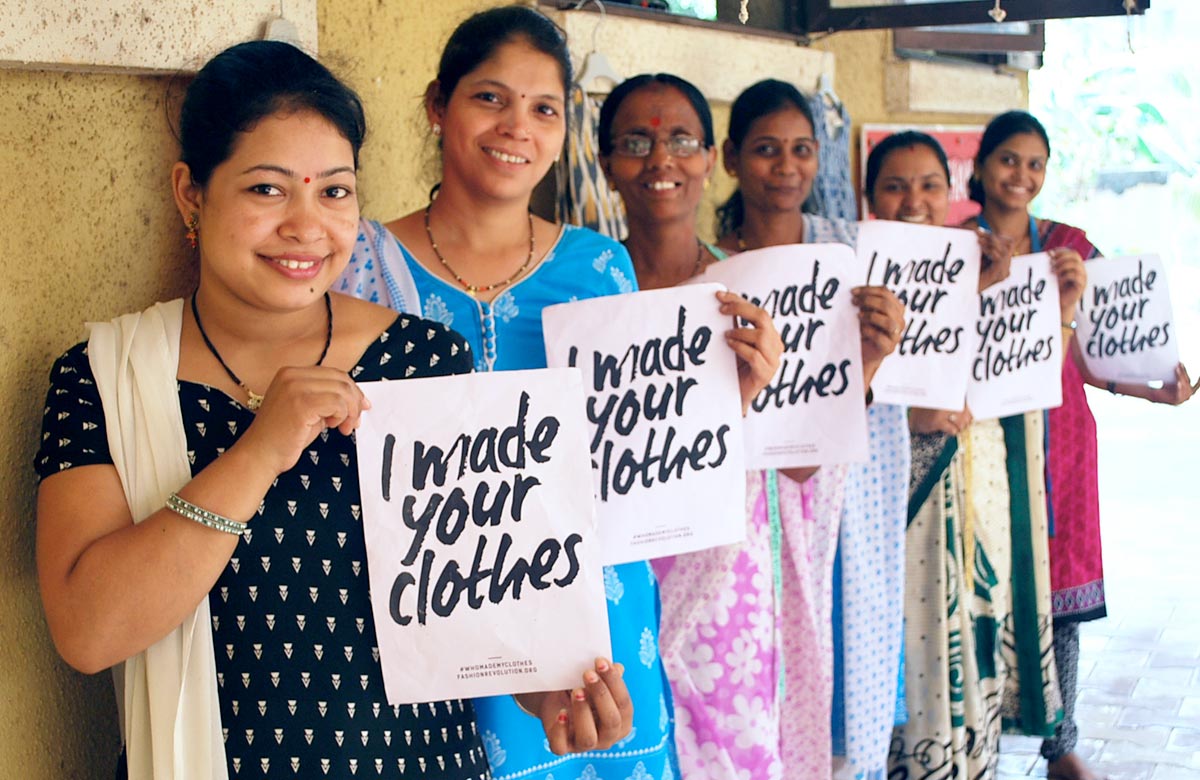10 WOMEN OF INDIA WHO CHANGED HISTORY
- Mata Traders
- 28 Mar, 2017
Happy Women’s History Month! As March comes to an end, we want to recognize the skilled female artisans who craft many of Mata Traders’ pieces, as well as pay tribute to strong, inspirational women of India who’ve made their mark on history. Below is a compilation of just a few of the courageous women who have broken down barriers and changed their country for the better.
Medhar Patkar

Image source: http://www.outlookindia.com/people/medha-patkar/4574
Activist turned politician, Medhar Patkar is a well-known advocate for sustainability, just land acquisition and development, workers rights, and the rights of slum and forest dwellers. Over the years, Patkar has led the fight against numerous development projects in India that have threatened to displace marginalized groups and hurt the environment. She is most famous for founding Narmada Bachao Andolan (NBA), a social movement that protests the construction of a number of large dams across the Narmada River. Patkar has been the recipient of numerous awards throughout her career, including the Human Rights Defender Award from Amnesty International and the Mother Teresa Award for Social Justice.
Irom Chanu Sharmila

Image source: http://www.deccanchronicle.com/content/tags/irom-chanu-sharmila
Recently ending her 16-year hunger strike on March 14, Irom Chanu Sharmila, also known as the “Iron Lady of Manipur,” had been fasting in protest of the Armed Forces Special Powers Act (AFSPA) since she was 28 years old. AFSPA grants the military the right to to use unregulated force in “disturbed” areas of India in order to prevent uprisings. As a consequence of her protest, Sharmila was arrested for “attempted suicide,” detained at a hospital, and fed through a nasal tube after beginning her hunger strike. Realizing that her fast was not bringing about the kind of change she’d hoped, Sharmila ended her hunger strike and shifted course to pursue a career in politics. Her legacy of passion and perseverance make her among the most influential women of India.
Rani Lakshmibai

Image source: http://www.readersmail.com/did_you_know/5-facts-about-rani-lakshmibai/
As the queen of Jhansi, Rani Lakshmibai fought fiercely and ferociously against British rule during the Great Indian Rebellion of 1857. Having a young adopted son did not stop her in the slightest, and many accounts depict her riding into battle wielding two swords, the horse reins in her teeth, and her son on her back. Though Jhansi eventually fell to British rule, Lakshmibai was able to rally her troops and, against all odds, hold onto her land for over two weeks. Despite being forced to evacuate her city, Lakshmibai fought to the death, dying in battle after refusing to surrender. Her strength and bravery made her a legend in Indian culture. She has been honored with numerous statues, and the Indian National Army’s all female infantry was named after her during World War II.
Usha Mehta

Image source: https://bravechick.com/blog/brave-chick-of-the-week-usha-mehta/
A freedom fighter and devout follower of Mahatma Gandhi, Usha Mehta and a few of her associates organized the underground radio station Secret Congress Radio during the Quit India Movement of 1942. Her efforts got her arrested and sentenced to prison for four years for conspiring against the British government. In 1998, the Indian government honored her with the Padma Vibhushan award, one of India’s highest civilian awards.
Vijaya Lakshmi Pandit

Image source: https://mediadiversified.org/2016/10/29/trustee-of-the-future-vijaya-lakshmi-pandit/
A diplomat and politician, Pandit’s career was full of many impressive accomplishments. She was the first Indian woman ever to become a Cabinet Minister and the first woman in the world to be an ambassador to three different countries, serving in Moscow, London, and Washington D.C. Most notably, however, she was the first woman and the first Asian to be elected the President of the United Nations General Assembly.
Savitribai Phule

Image source: http://www.dailyexcelsior.com/savitribai-phule-the-pioneer-of-women-education-in-india/
Described as “one of the first-generation modern Indian feminists,” Savitribai Phule is most known for, along with her husband Jyotirao Phule, opening the first women’s school in India. Together, the couple opened 18 schools for girls, and Savitribai became India’s first female teacher and headmistress. Their social work did not stop there, however. Savitribai and her husband opened an “infanticide prohibition house” to help care for pregnant victims of sexual exploitation who were at risk of committing suicide or infanticide due to their condition. They also fought against the caste system and opened a well in their house, welcoming untouchables who were denied drinking water by the upper caste.
Justice Anna Chandy

Image source: http://www.dailytop.com
Justice Anna Chandy became the first female Indian judge when she was appointed to a district court 1937. When she was appointed to a high court in 1959, she became only the second woman in the world to hold the distinctive title of high court judge. Along with her judicial accomplishments, Justice Chandy advocated for women’s rights in the journal she founded and edited, Shrimati.
Kamaladevi Chattopadhyay

Image source: http://www.caravanmagazine.in/essay/singular-woman-kamaladevi-chattopadhyay
Freedom fighter, feminist, and socialist, Kamaladevi Chattopadhyay was a major contributor to India’s independence movement and an advocate for women’s equality. After the Partition of India in 1947, she organized the Indian Cooperative Union, helping rehabilitate over 50,000 refugees in the newly founded township of Faridabad. Today, the industrial township has a population of around 1.5 million people. Kamaladevi is most known for her work to preserve Indian handicrafts and protect the artisans who make them. Worried about the effects that Western methods of mass-production would have on India’s traditional crafts, she set up numerous craft museums throughout the country, as well as founded the Natya Institute of Kathak and Choreography. Her leadership was instrumental in starting the All India Handicrafts Board.
Kiran Bedi

Image source: http://indiatoday.intoday.in/story/kiran-bedi-youth-skill-development-bjp-delhi-assembly-elections/1/416440.html
Kiran Bedi became the first woman to join the Indian Police Service (IPS) in 1972. She voluntarily retired from the force in 2007 as the Director General of the Bureau of Police Research and Development. In May 2016, she was appointed as the Lieutenant Governor of Puducherry, a position that she still holds today. In 1984, she launched the NGO Navjyoti India Foundation (NIF), whose mission was to aid in the recovery and rehabilitation of drug addicts and has since expanded to tackle illiteracy and women’s empowerment issues. She also founded the India Vision Foundation in 1994, which works to reform police forces and prisons, empower women, and develop rural areas within India.
Sucheta Kriplani

Image source: https://alchetron.com/Sucheta-Kriplani-1354814-W
A freedom fighter during the Indian Independence Movement, Sucheta Kriplani worked closely with Mahatma Gandhi during the Partition Riots. She was elected to the Constituent Assembly and, as part of a subcommittee, helped draft India’s constitution. In 1963, she was elected the Chief Minister of Uttar Pradesh, making her the first female Chief Minister in India’s history.


